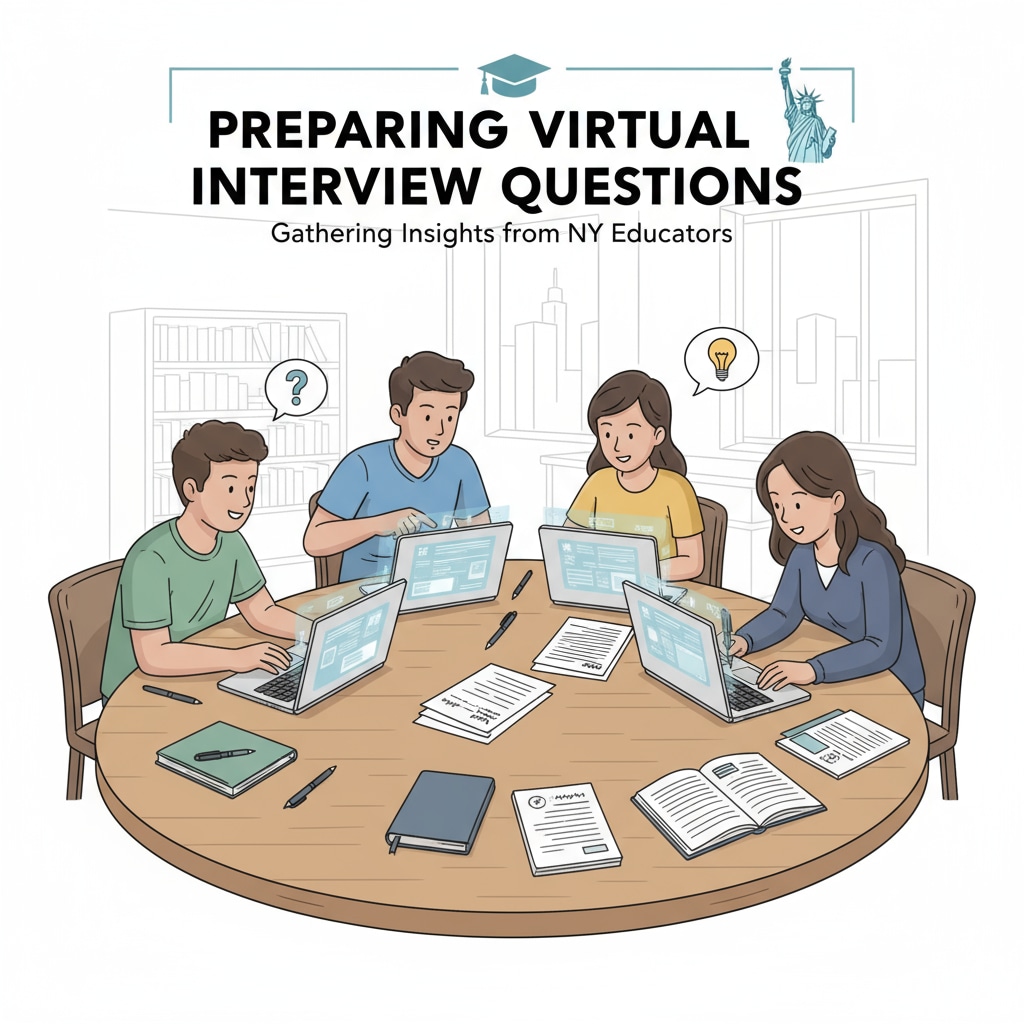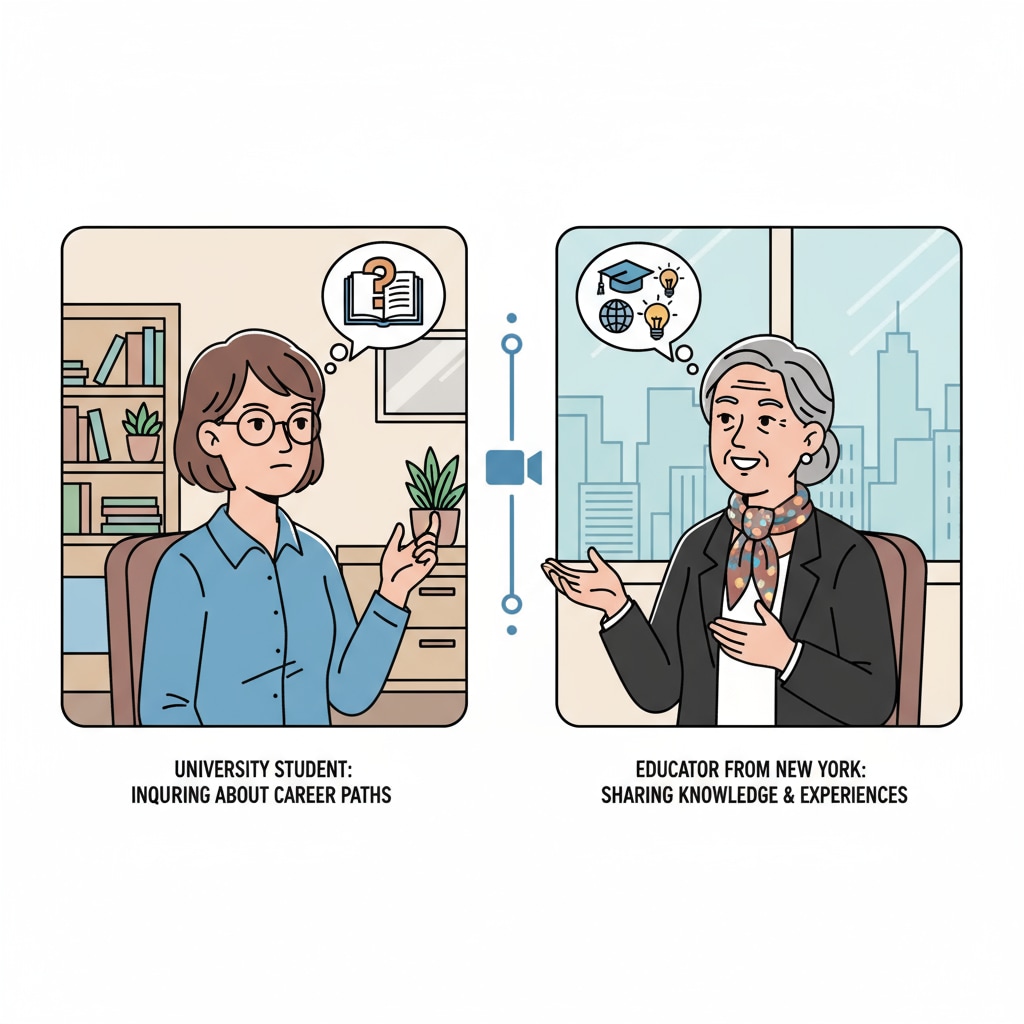University projects, urban education, and virtual interviews are key elements in an exciting initiative to bridge the gap between academic knowledge and real – world educational practices. In the realm of urban education research at universities, there’s a growing recognition of the value of engaging with those on the frontlines of the education system. This is where virtual interviews come into play, providing a unique avenue to gather insights from experienced educators.

The Significance of Connecting Theory and Practice
Urban education research often delves deep into theoretical frameworks, exploring concepts like educational equity, inclusive teaching, and the impact of urban environments on learning. However, these theories need to be tested and refined in real – world settings. By conducting virtual interviews with educators in the New York education system, university researchers can gain practical perspectives. For example, educators can share their daily challenges in classrooms, such as dealing with diverse student needs. According to the National Education Association, understanding these on – the – ground issues is crucial for translating theoretical knowledge into effective teaching strategies.
The Role of Virtual Interviews
Virtual interviews offer several advantages. Firstly, they break down geographical barriers. University students and researchers can connect with educators across New York City, regardless of their location. This means that insights from different boroughs, with their unique educational landscapes, can be gathered. Secondly, virtual interviews are time – efficient. In a traditional in – person interview, travel time and scheduling difficulties can be significant obstacles. With virtual interviews, participants can communicate from the comfort of their own spaces. As noted by Wikipedia’s entry on virtual interviews, this flexibility has made virtual interviews a popular choice in various research fields, including urban education.

Moreover, virtual interviews can capture a wide range of experiences. Educators can share stories about successful teaching methods, like project – based learning initiatives that have engaged students in urban schools. They can also discuss the challenges they face, such as limited resources or high – pressure testing environments. These real – life accounts enrich the university research, providing a more comprehensive understanding of the urban education ecosystem.
In conclusion, the initiative of conducting virtual interviews with New York education system personnel in the context of university urban education projects is a valuable step forward. It not only enriches academic research but also has the potential to inform and improve educational practices in urban settings. We encourage more educators, administrators, and other relevant individuals in the New York education system to participate in this knowledge – building process, sharing their insights and experiences to further bridge the gap between theory and practice in urban education.
Readability guidance: The content uses short paragraphs to convey ideas clearly. Each H2 section provides key points about the significance and role of virtual interviews in urban education research. The passive语态 is kept to a minimum, and transition words like ‘however’, ‘firstly’,’secondly’,’moreover’ are used to enhance the flow of the text.


